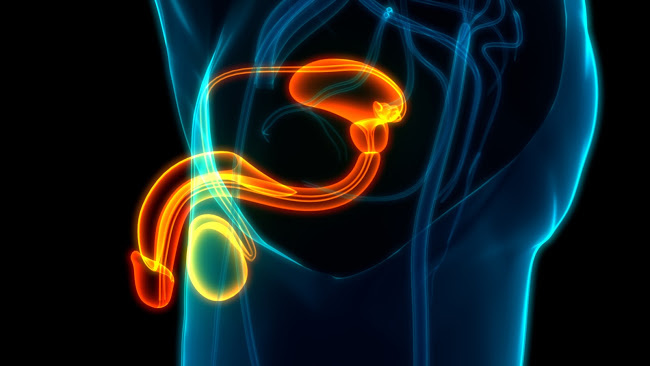
How Can Women Maintain Body Confidence and a Healthy Sexual Relationship After Mastectomy?

A mastectomy or breast reconstruction surgery can have a profound impact on a woman’s body image and intimate relationships. These surgeries, often undertaken as part of breast cancer treatment or prevention, involve the removal or alteration of one or both breasts. Such changes can challenge a woman’s sense of femininity, self-esteem, and sexual identity. However, with the right mindset, support systems, and practical strategies, women can maintain body confidence and foster a healthy sexual relationship after undergoing these impactful procedures.
Understanding the Emotional Impact
Body image is closely linked to self-esteem, and breasts are often seen as a symbol of femininity and sexuality. After a mastectomy, a woman may feel that her body has changed in ways that are difficult to accept, and these feelings can be intensified by societal pressures to look a certain way. Women may also fear how their partner perceives them, which can strain their intimate relationship. It’s important to recognize that these emotional responses are completely natural.
Communication is Key
One of the most important factors in maintaining body confidence and a healthy sexual relationship after surgery is open and honest communication. Sharing feelings of insecurity, fear, or sadness with a partner can help both parties navigate the changes together. Discussing how you feel about your body and how you would like to approach intimacy can foster understanding and emotional closeness. Partners may not fully understand the physical and emotional toll of the surgery, so discussing these aspects openly can alleviate misunderstandings and help both partners adapt.
Focus on the Whole Body
Sexuality is not solely tied to physical appearance or specific body parts. It encompasses emotional, psychological, and physical elements. After mastectomy or reconstruction, it can be helpful to shift the focus from specific areas of the body to the whole experience of intimacy. Exploring new ways to connect physically and emotionally with a partner can create a deeper bond. Touch, massage, and other forms of physical affection can build intimacy without placing pressure on areas affected by surgery. Exploring different erogenous zones and experimenting with forms of physical closeness that feel comfortable can help maintain a fulfilling sexual relationship.
Seeking Professional Help
For some women, professional counseling or therapy can be a valuable resource. Many women find that talking with a therapist who specializes in body image or sexual health can provide a safe space to explore and address their concerns. Sex therapy, in particular, can help couples navigate the changes in their sexual relationship after surgery. Therapists can provide techniques and exercises that help both partners feel more connected and reduce anxiety around intimacy.
Support groups can also offer comfort, as women who have gone through similar experiences can share advice, strategies, and emotional support. Knowing that other women have faced and overcome similar challenges can make the process feel less isolating.
Rebuilding Confidence
Rebuilding body confidence after mastectomy or reconstruction takes time, but it is possible. One effective strategy is focusing on self-compassion. Being kind and patient with oneself, especially in the face of such a life-altering experience, is essential. Women should give themselves time to adjust to their new body and avoid putting pressure on themselves to feel confident right away.
In addition, engaging in activities that make a woman feel empowered can have a positive effect on body confidence. Exercise, meditation, or creative outlets like painting or writing can help redirect attention from negative thoughts about the body to feelings of accomplishment and self-worth. Wearing clothing that makes a woman feel comfortable and attractive can also help boost confidence.
Partner Support
A supportive partner plays a critical role in helping a woman maintain her body confidence and a healthy sexual relationship after surgery. Partners who offer reassurance, patience, and understanding create a safe environment for emotional healing. Expressing love and admiration for the woman as a whole person, rather than focusing on physical changes, reinforces the idea that intimacy is about connection, not perfection.
Conclusion
Maintaining body confidence and a healthy sexual relationship after mastectomy or breast reconstruction surgery requires patience, communication, and support. It’s important to remember that every woman’s journey is different, and there is no “right” way to navigate these changes. What matters most is finding what works for the individual and their relationship.
References:
- American Cancer Society. (2024). Breast reconstruction surgery. https://www.cancer.org/cancer/types/breast-cancer/reconstruction-surgery.html
- National Cancer Institute. (2022, January 21). Surgery Choices for Women with DCIS or Breast Cancer. https://www.cancer.gov/types/breast/surgery-choices
- Wilmoth M. C. (2001). The aftermath of breast cancer: an altered sexual self. Cancer nursing, 24(4), 278–286. https://doi.org/10.1097/00002820-200108000-00006





